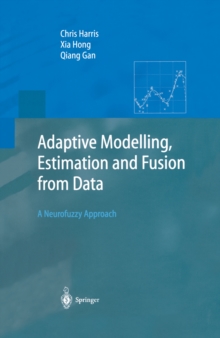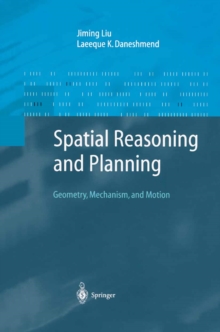
Classification and Modeling with Linguistic Information Granules : Advanced Approaches to Linguistic Data Mining PDF
by Hisao Ishibuchi, Tomoharu Nakashima, Manabu Nii
Part of the Advanced Information Processing series
Description
Many approaches have already been proposed for classification and modeling in the literature.
These approaches are usually based on mathematical mod- els.
Computer systems can easily handle mathematical models even when they are complicated and nonlinear (e.g., neural networks).
On the other hand, it is not always easy for human users to intuitively understand mathe- matical models even when they are simple and linear.
This is because human information processing is based mainly on linguistic knowledge while com- puter systems are designed to handle symbolic and numerical information.
A large part of our daily communication is based on words.
We learn from various media such as books, newspapers, magazines, TV, and the Inter- net through words.
We also communicate with others through words. While words play a central role in human information processing, linguistic models are not often used in the fields of classification and modeling.
If there is no goal other than the maximization of accuracy in classification and model- ing, mathematical models may always be preferred to linguistic models.
On the other hand, linguistic models may be chosen if emphasis is placed on interpretability.
Information
-
Download - Immediately Available
- Format:PDF
- Publisher:Springer Berlin Heidelberg
- Publication Date:27/02/2006
- Category:
- ISBN:9783540268758
Information
-
Download - Immediately Available
- Format:PDF
- Publisher:Springer Berlin Heidelberg
- Publication Date:27/02/2006
- Category:
- ISBN:9783540268758










